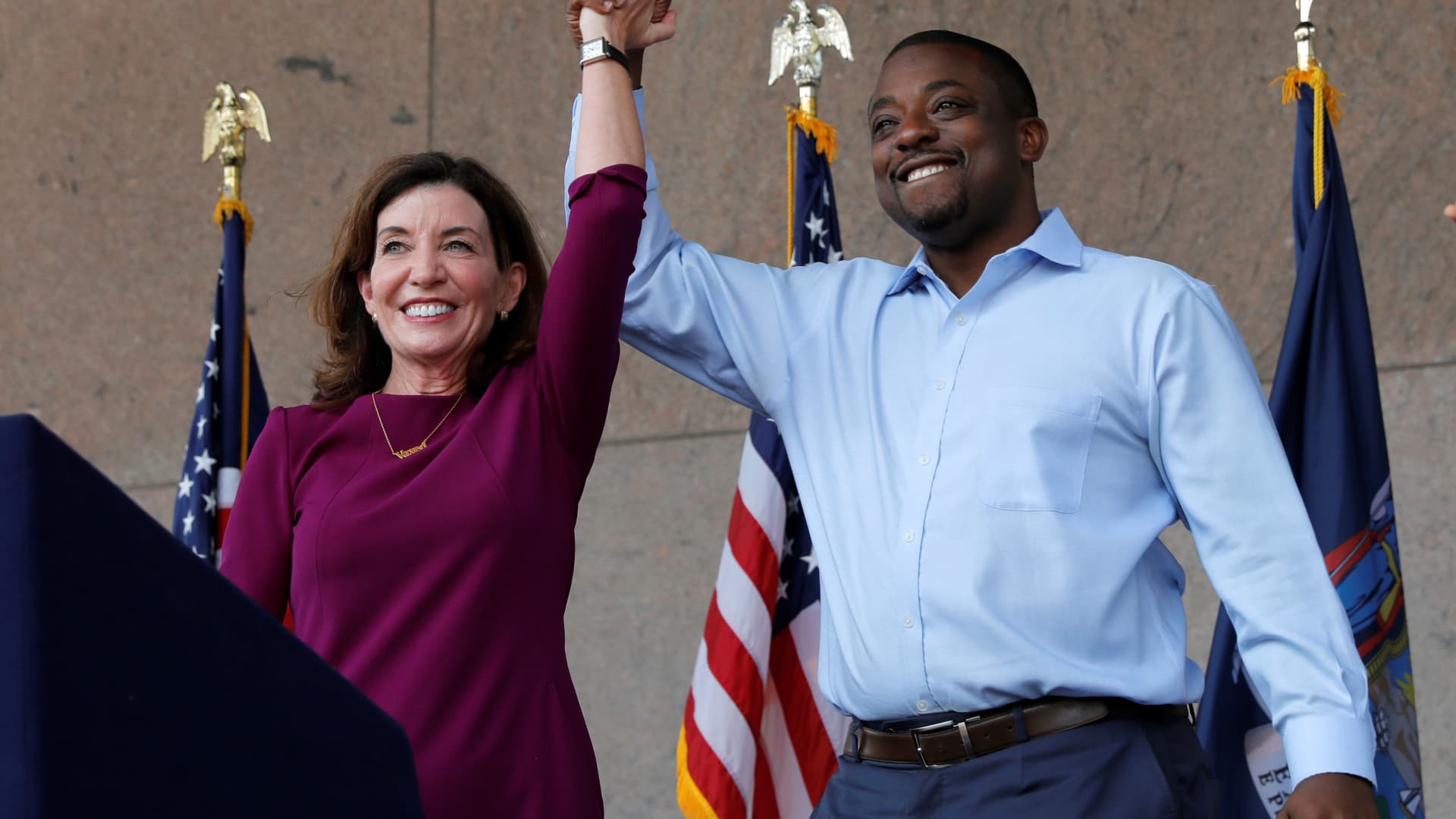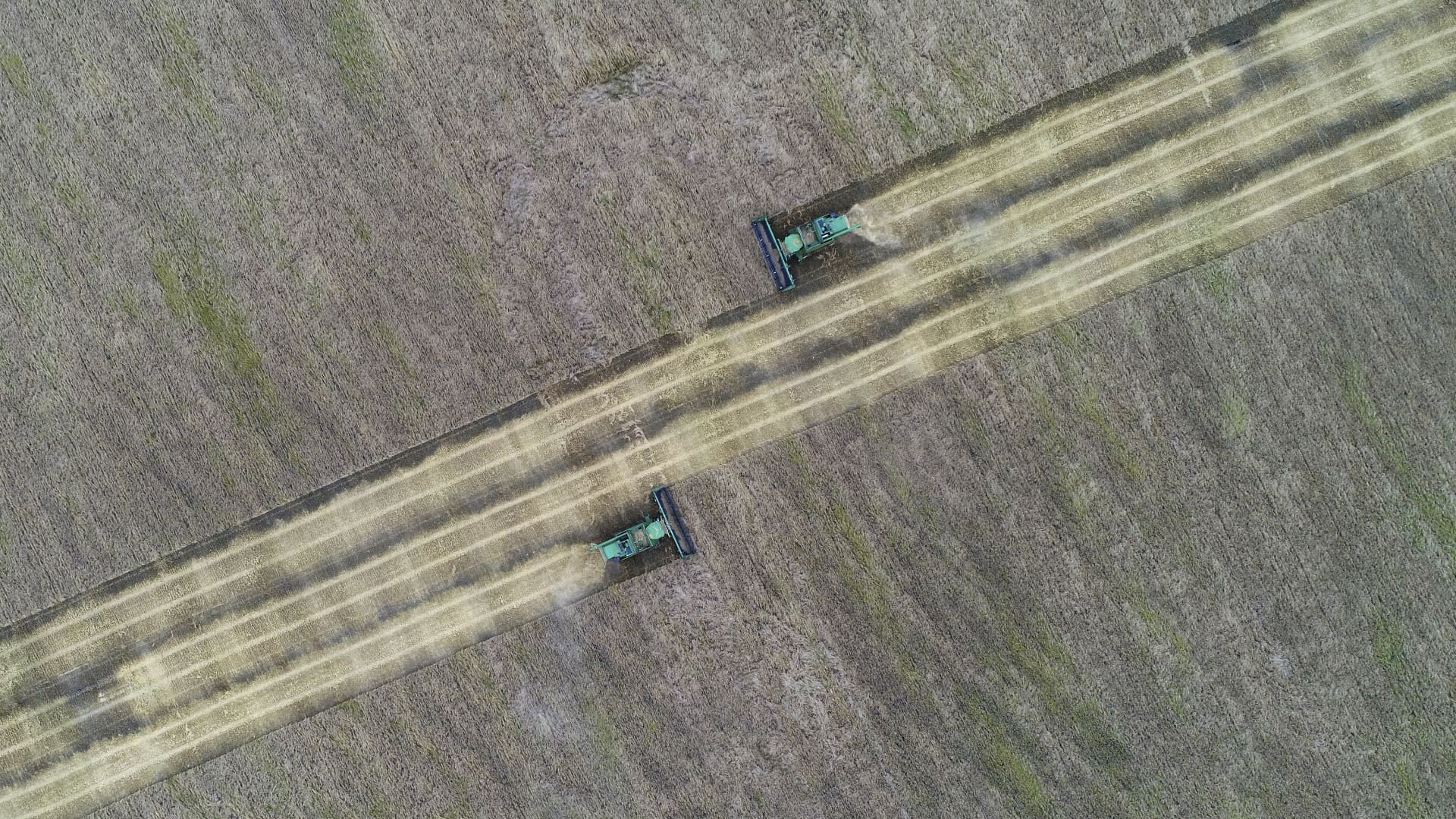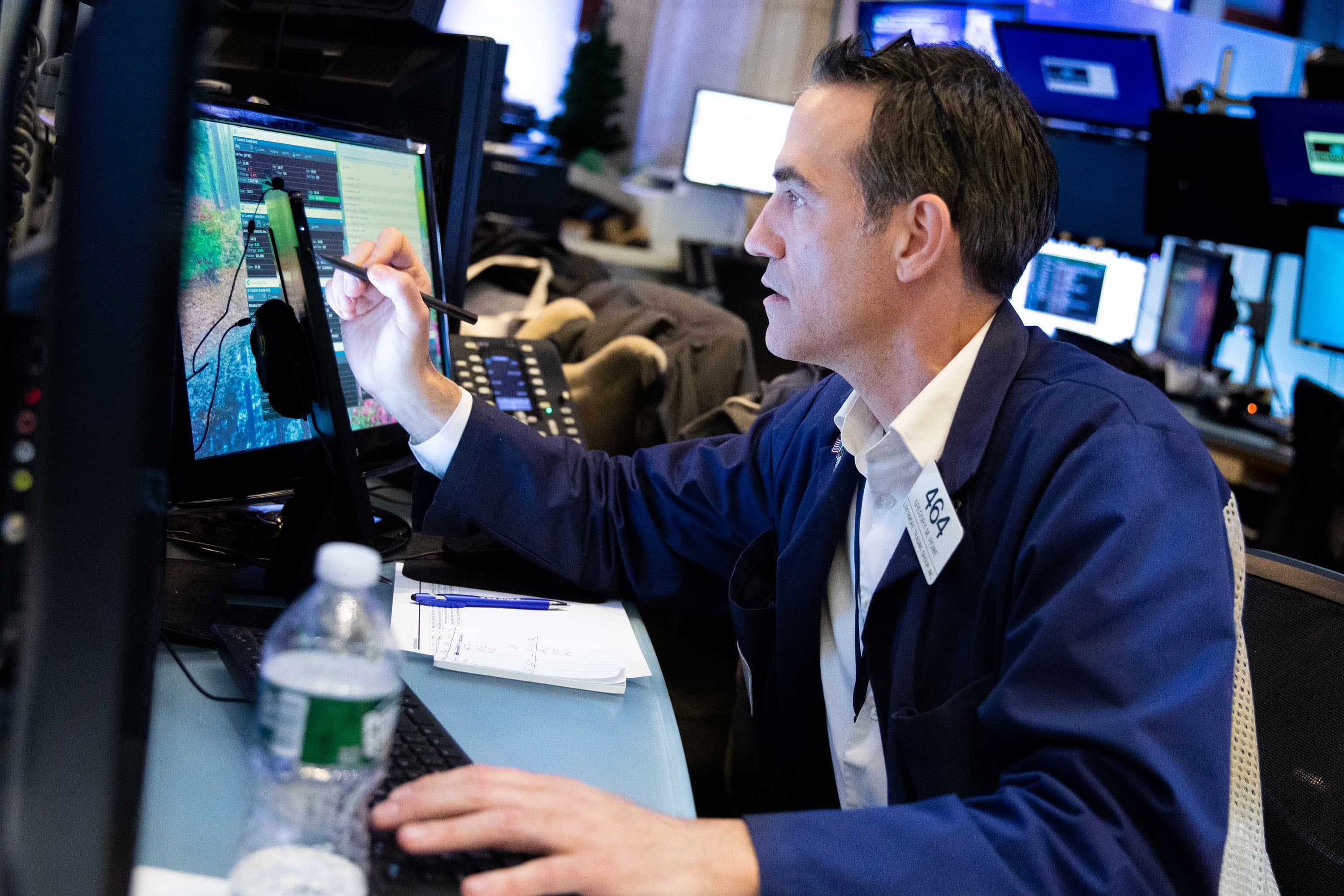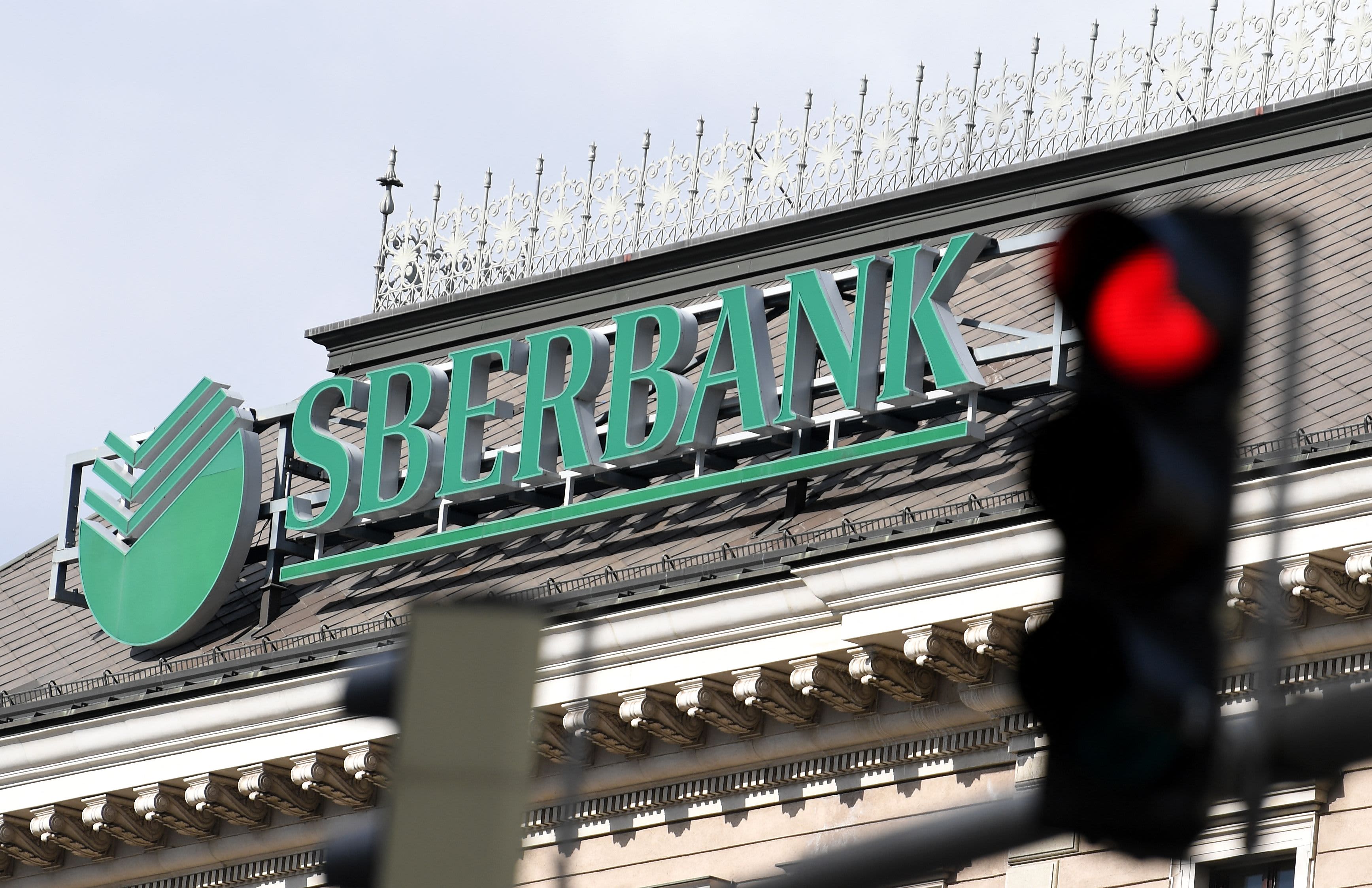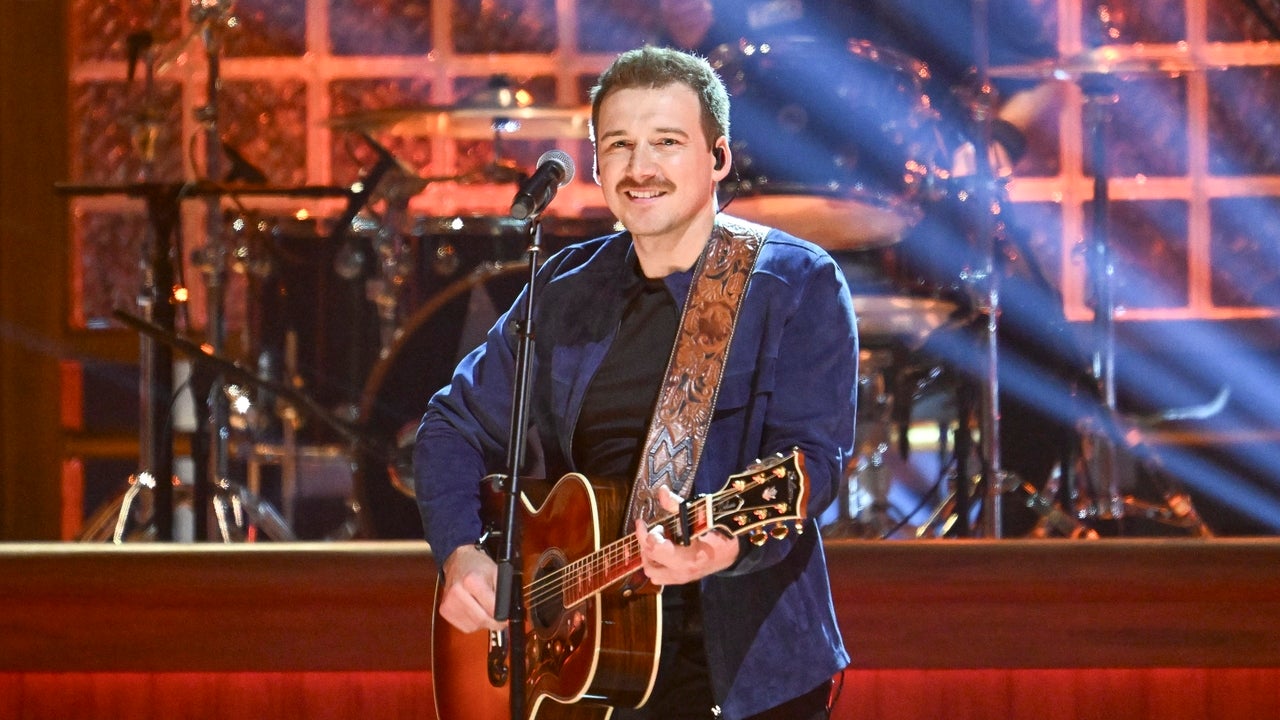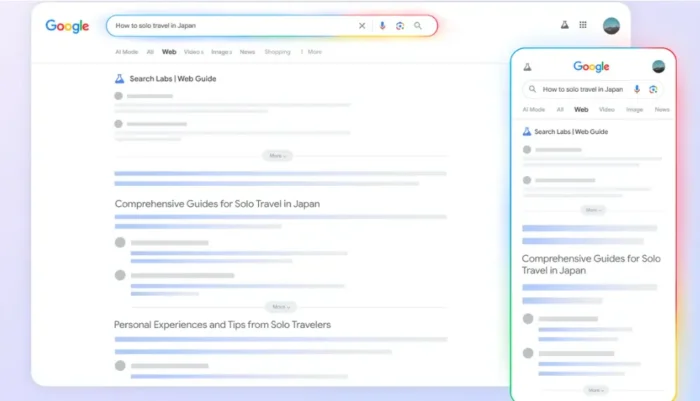A ‘dark horse’ Republican candidate could emerge as Trump’s legal problems mount, ex-U.S. ambassador says
Seven Republican presidential candidates on Wednesday will take the stage at the Ronald Reagan Presidential Foundation & Institute in Simi Valley, California.
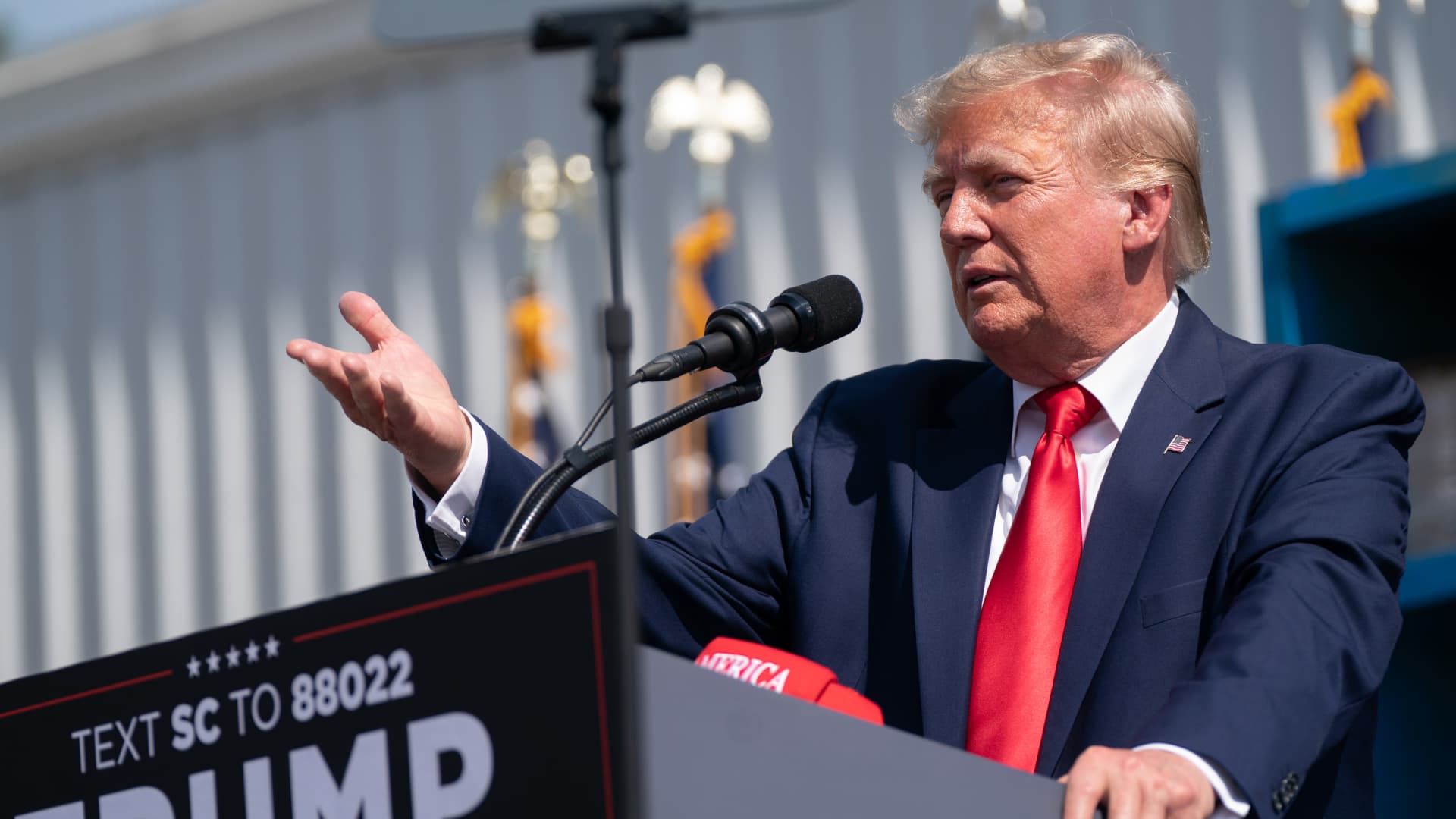
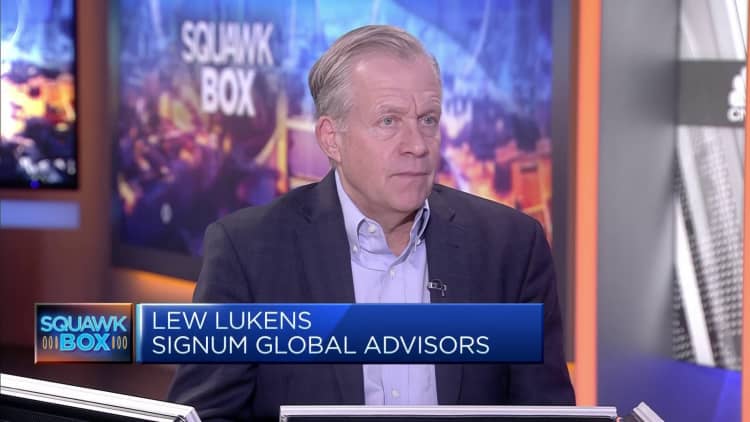
A growing legal headache for early front-runner Donald Trump could pave the way for a "dark horse" 2024 Republican presidential candidate to win the backing of the party in the race for the White House.
That's the view of one former U.S. ambassador ahead of the Republican Party's second televised presidential debate on Wednesday evening.
Seven candidates will take the stage at the Ronald Reagan Presidential Foundation & Institute in Simi Valley, California, seeking to close the gap with Trump — who holds a seemingly unshakeable lead over the rest of the field.
The former president, who skipped the first Republican Party presidential debate in Wisconsin last month, boasts a lead of more than 40 points over his nearest competition, according to a recent national NBC News poll.
Trump has said he doesn't plan to take part in the second Republican debate on Wednesday evening and will instead deliver a speech to autoworkers in Detroit.
"I think we are just seeing the beginning of Donald Trump's legal issues starting to pile up on him and I think they are going to start to take its toll," Lew Lukens, former U.S. ambassador to Senegal and Guinea-Bissau and senior partner at Signum Global Advisors, told CNBC's "Squawk Box Europe" on Wednesday.
Lukens said there are plenty of Republican Party voters open to alternatives to Trump but they hadn't found one yet, with many seemingly reluctant to get behind Florida Gov. Ron DeSantis — an early rival to Trump.
Former U.S. President Donald Trump speaks to a crowd during a campaign rally on September 25, 2023 in Summerville, South Carolina.
Sean Rayford | Getty Images
"I still think there is a possibility of a dark horse candidate, somebody like Gov. Glenn Youngkin of Virginia, who could jump into the race, attract donors, coalesce the non-Trump voters and come out as the candidate," Lukens said.
Youngkin, who spoke in May about ushering in "a new era of American values" in a presidential campaign-like video, has said he is not running for the White House next year, having previously declined to rule out the possibility of a campaign.
Republican Party donors have encouraged Youngkin to enter the race and challenge Trump's sizable lead in the polls.
Looking ahead to the second Republican debate, Lukens said one to watch would be former U.N. Ambassador and South Carolina Gov. Nikki Haley.
"She is trying to carve out that ground where she could be an attractive, maybe not presidential candidate, but maybe on the vice presidential ticket," he said.
Alongside DeSantis and Haley, businessman Vivek Ramaswamy, former Vice President Mike Pence, South Carolina Sen. Tim Scott, former New Jersey Gov. Chris Christie and North Dakota Gov. Doug Burgum will take part in the Republican Party's second debate.
Skipping debates 'does have some cost'
Trump's legal problems are well documented. He has been criminally indicted four times and currently faces a series of criminal and civil trials over the coming months that could derail his 2024 presidential run.
Trump has repeatedly said he is innocent or not at fault in all of the cases.
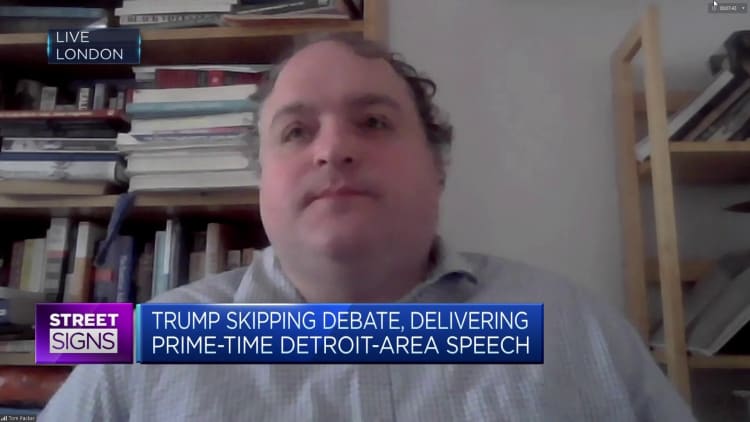
Tom Packer, honorary research fellow at UCL's Institute of the Americas, said it was worth noting that Trump's support fell back slightly after skipping the first primary debate and his decision to miss the second one could also harm his lead in the polls.
"I can see why he's avoiding the debate because if he lost the debate that could hurt him more but not turning up to the debates does have some cost," Packer told CNBC's "Street Signs Europe" on Wednesday.
"In many ways what the debates have ended up being is a competition as to who is going to be the alternative to Trump and that's perhaps the most important thing about them."
Virginia Governor Glen Youngkin addresses the Economic Club of Washington's luncheon event at the Marriott Marquis on September 26, 2023 in Washington, DC.
Chip Somodevilla | Getty Images News | Getty Images
Asked what could disrupt Trump from securing the Republican Party's presidential nomination, Packer cited mounting legal challenges and potential weakness in some early voting states.
"One thing to remember is we are still quite a few months away, people like us who follow it very closely are following it, but actually even the kind of people who vote in the Republican primaries — who are quite political people — just aren't following that closely," Packer said.
"So, I can easily see Donald Trump having a consistent very large lead and then actually struggling a bit once people start voting," he added.
A spokesperson for Trump did not immediately respond to a request for comment.
Biden and Trump neck and neck
The latest national NBC News poll, which was conducted between Sept. 15 and Sept. 19, deadlocked President Joe Biden and Trump in a potential rematch ahead of next year's presidential vote.
"The latest polls, and you'd always take polls with a grain of salt especially from the U.S., have Trump and Biden essentially neck and neck," Cailin Birch, global economist at The Economist Intelligence Unit, told "Squawk Box Europe" on Wednesday.
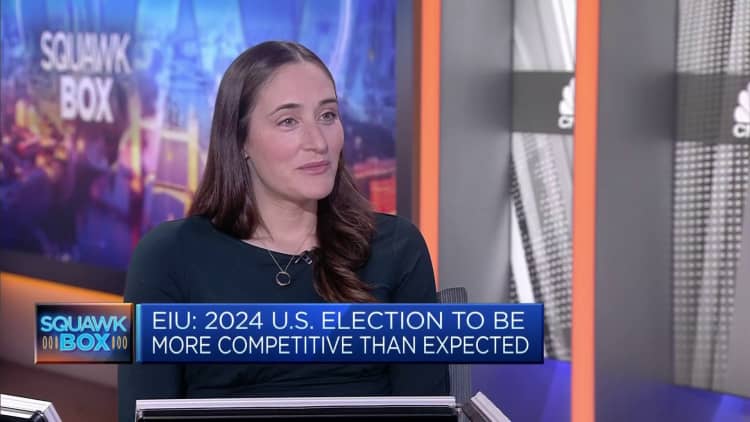
For the GOP race, Birch said the latest polling data indicates it is "really not a contest at the moment" and it appears to be Trump's nomination to lose.
"Were he to win another term as president, he would have big changes for foreign policy in terms of support for Ukraine, in terms of how he engages with China … and then domestically, from what we have heard from his advisors recently, tax cuts — on top of what the U.S. has already done in recent years — are still on the table," Birch said.
"Obviously, Biden is the reverse of that for most things. The only commonality is competition with China between those two and a focus on U.S. industry. Everything else is up for grabs," she added.

 AbJimroe
AbJimroe 







